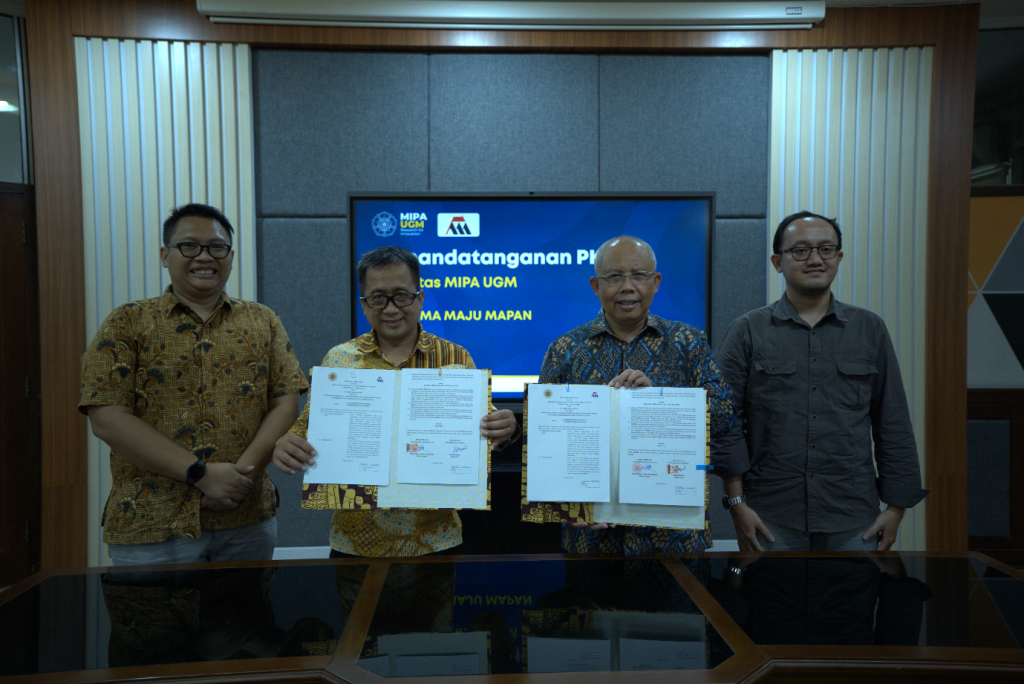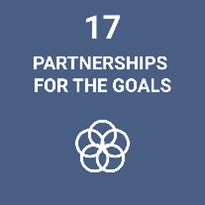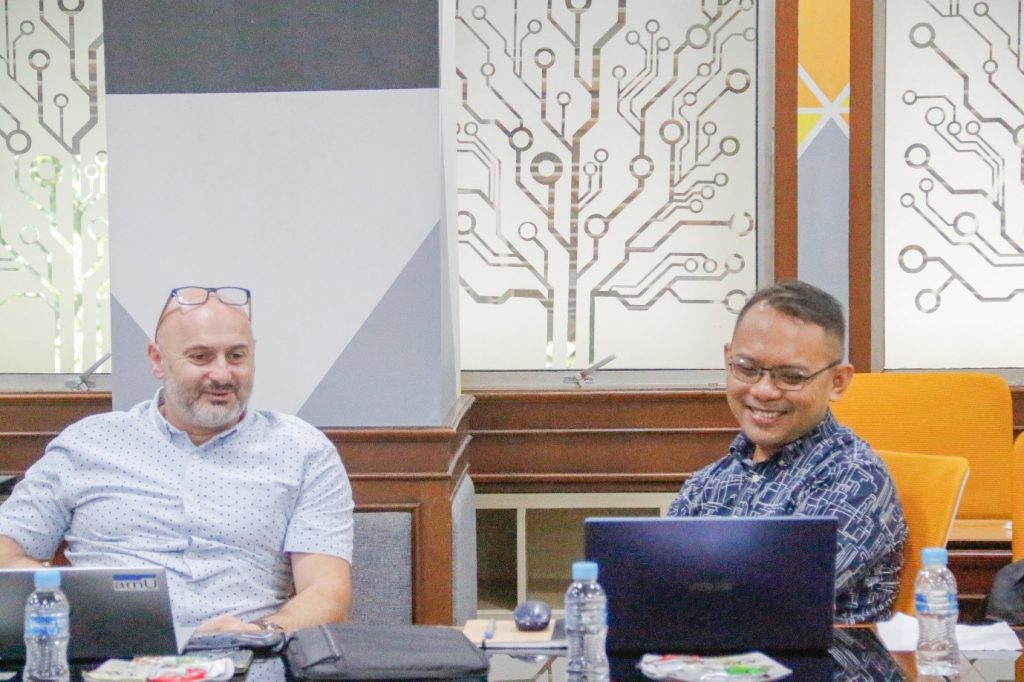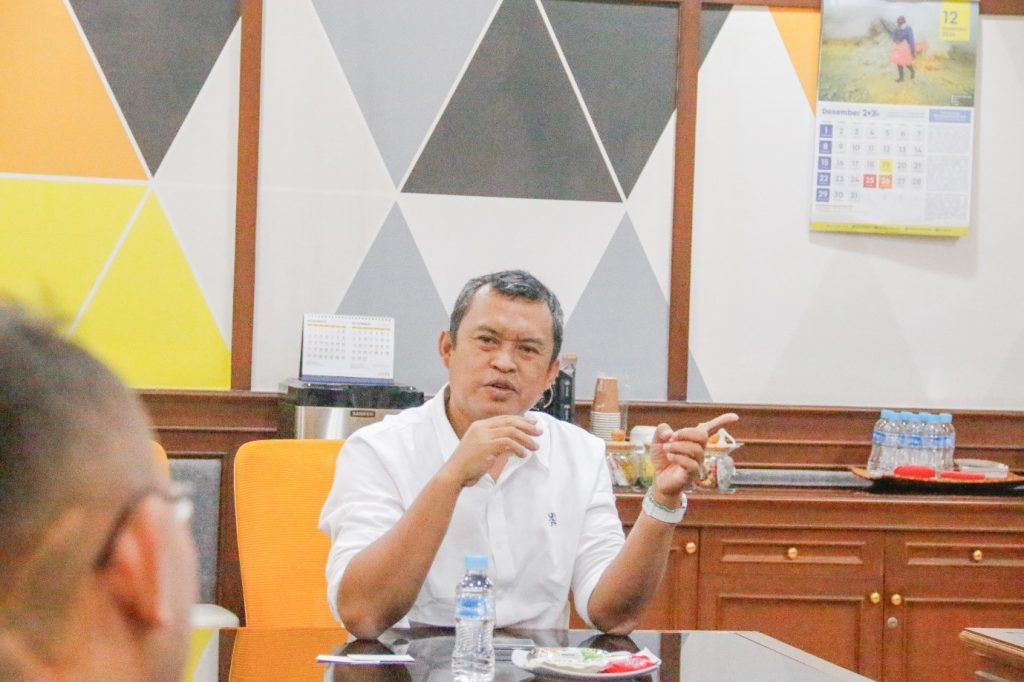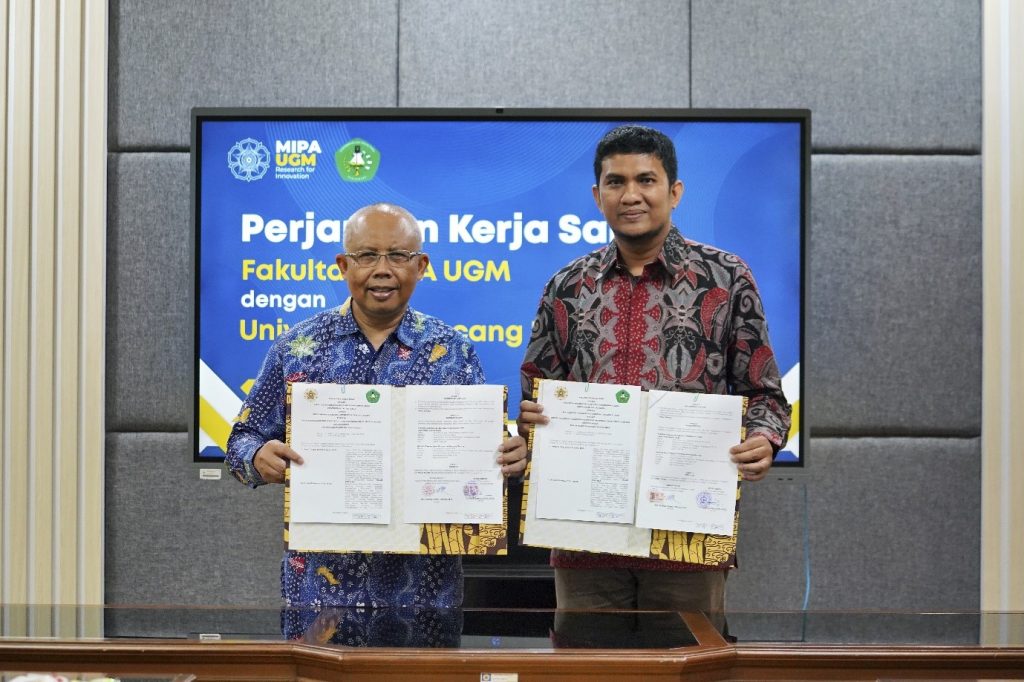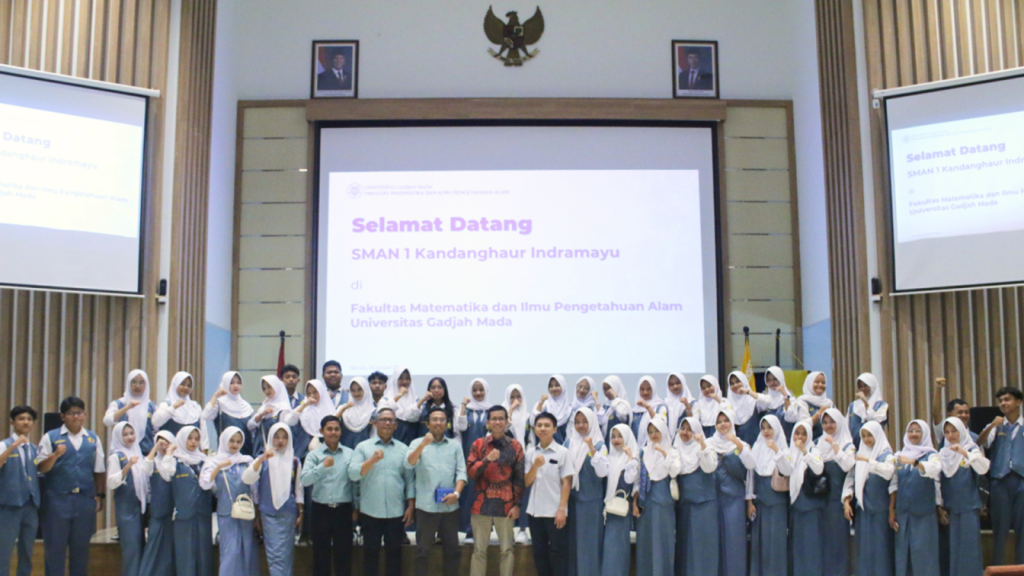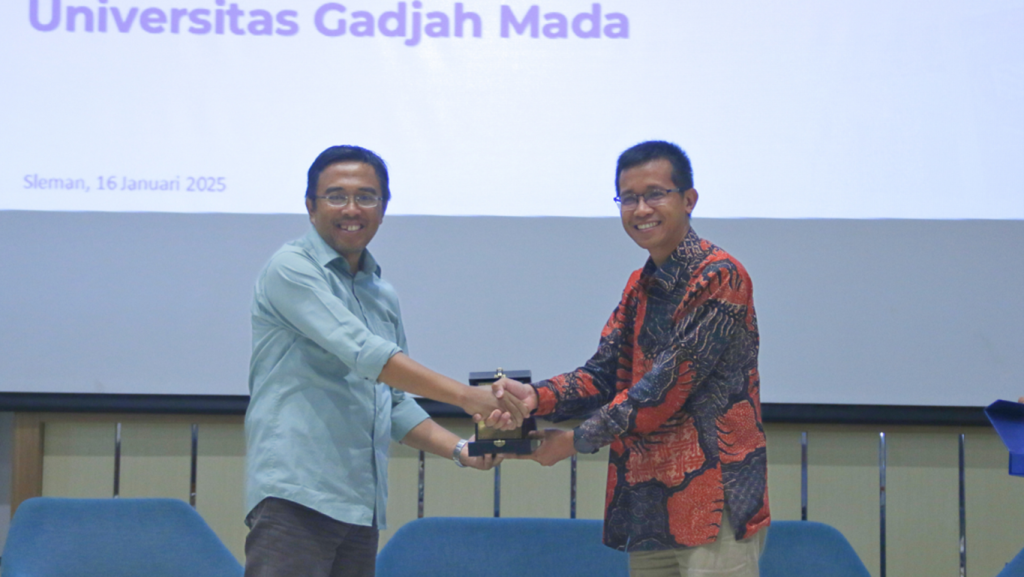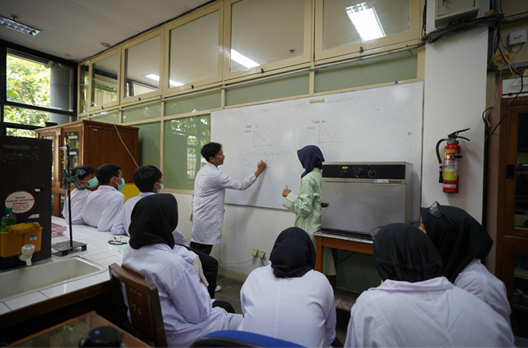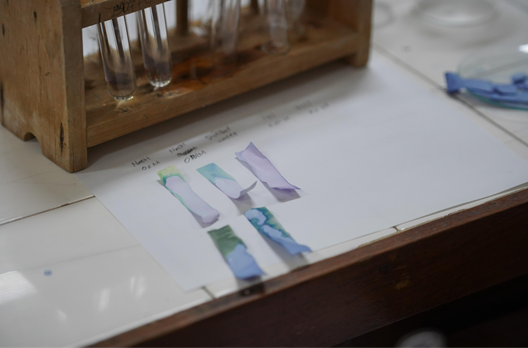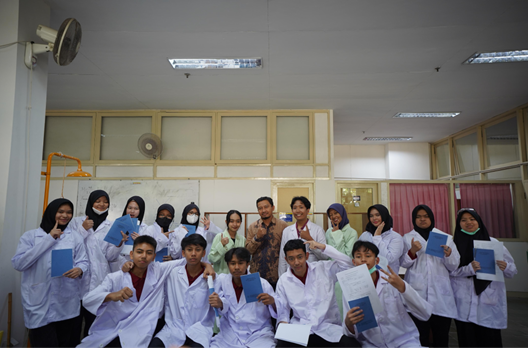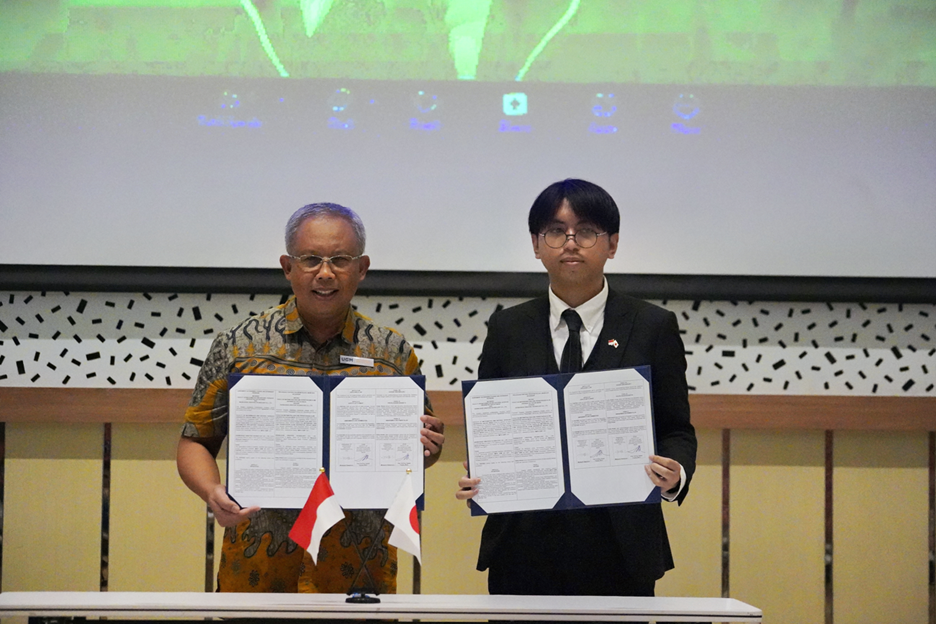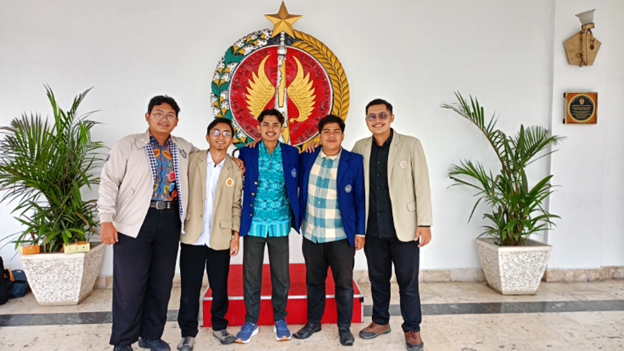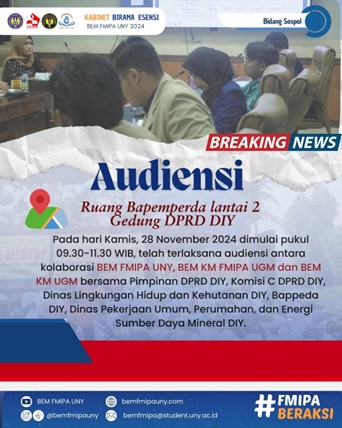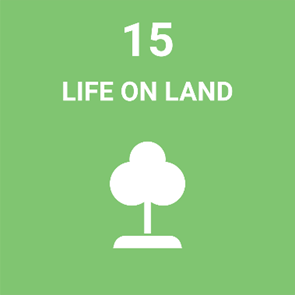Fakultas Matematika dan Ilmu Pengetahuan Alam Universitas Gadjah Mada (FMIPA UGM) resmi menjalin kerja sama strategis dengan Knowledge Creation Technology Co., Ltd. (KCT) melalui penandatanganan Perjanjian Kerja Sama (PKS) pada Selasa, 17 Desember 2024. Acara yang berlangsung di Auditorium lantai 7 FMIPA UGM ini dihadiri oleh jajaran pimpinan fakultas dan perwakilan KCT, menandai awal kolaborasi yang bertujuan memberikan dampak positif bagi mahasiswa dan institusi.
Kerja sama ini dirancang untuk memberikan pengalaman langsung kepada mahasiswa melalui program magang di KCT, sekaligus menghadirkan mata kuliah khusus (endowed course) untuk Departemen Ilmu Komputer dan Elektronika (DIKE) FMIPA UGM. Langkah ini bertujuan untuk meningkatkan kualitas lulusan, membekali mereka dengan keahlian yang relevan, dan memperkuat daya saing mahasiswa di dunia kerja.
Knowledge Creation Technology Co., Ltd., yang berbasis di Tokyo, Jepang, didirikan pada Juli 2008 dan memiliki misi menciptakan masyarakat yang lebih harmonis melalui inovasi teknologi informasi. Perusahaan ini terdiri dari tiga divisi utama: Solution Service Division, Project Service Division, dan Infrastructure Service Division.
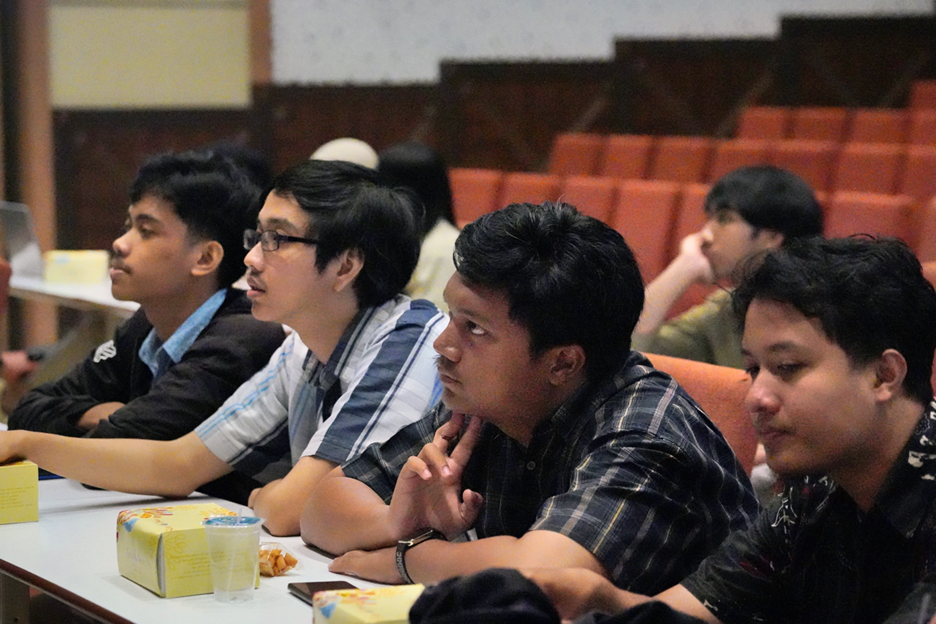
Solution Service Division fokus pada pengembangan aplikasi canggih berbasis kecerdasan buatan (AI) untuk sektor-sektor penting seperti pertanian, kesehatan, dan pendidikan. Divisi ini juga mengoptimalkan penggunaan big data dan cloud computing untuk menciptakan solusi global yang inovatif. Project Service Division menyediakan layanan pengembangan sistem untuk sektor keuangan, kesehatan, dan pendidikan. Dengan pendekatan strategis, divisi ini mendukung operasi bisnis yang stabil sekaligus memanfaatkan teknologi informasi dan komunikasi (ICT) untuk meningkatkan keamanan. Sementara itu, Project Service Division menyediakan layanan pengembangan sistem untuk sektor keuangan, kesehatan, dan pendidikan. Dengan pendekatan strategis, divisi ini mendukung operasi bisnis yang stabil sekaligus memanfaatkan teknologi informasi dan komunikasi (ICT) untuk meningkatkan keamanan.
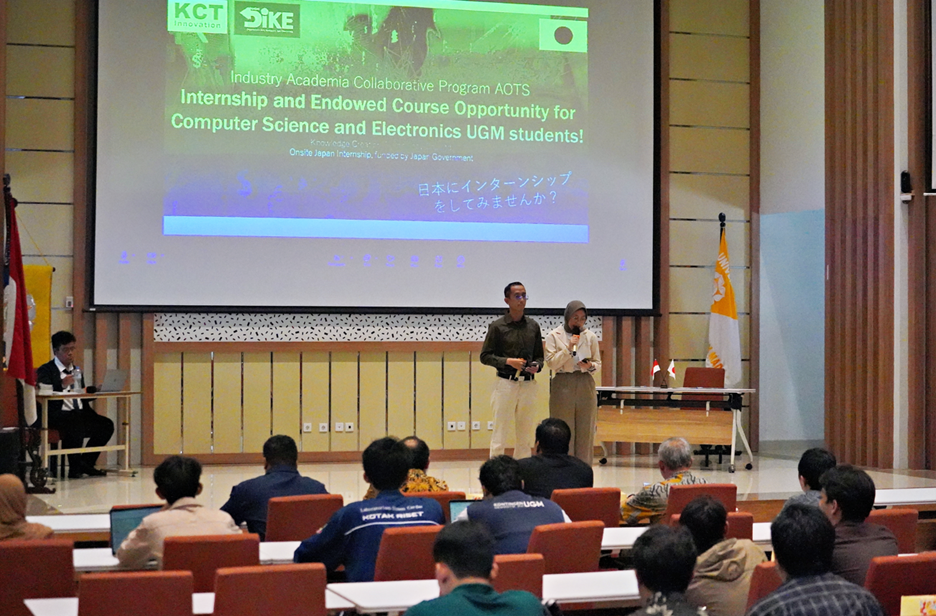
Selain itu, melalui Knowledge Creation Research Center, KCT aktif menjalankan kolaborasi penelitian, termasuk pengembangan sistem pencarian gambar berbasis karakter bersama Future University Hakodate dan proyek sistem wawancara multibahasa bersama Gunma University of Medical Faculty.
Kerja sama strategis ini sejalan dengan upaya mendukung pencapaian Sustainable Development Goals (SDGs). Program ini mendukung SDG 4 (Pendidikan Berkualitas), SDG 9 (Inovasi dan Infrastruktur), SDG 11 (Pengembangan Kota Berkelanjutan), dan SDG 17 (Kemitraan Global).
Penandatanganan PKS ini menjadi langkah konkret FMIPA UGM untuk memperkuat sinergi antara dunia akademik dan dunia kerja. Dengan kolaborasi ini, mahasiswa FMIPA UGM diharapkan memiliki keahlian yang sesuai dengan kebutuhan industri global, sekaligus menjadi bagian dari upaya bersama menciptakan masyarakat yang lebih inovatif dan berkelanjutan.
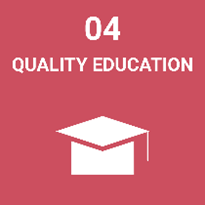


Penulis: Chairunnisa Anggun Setiono
Dokumentasi: Hero Prakosa Wibowo Priyanto
Editor: Sulaiman Nurhidayat
